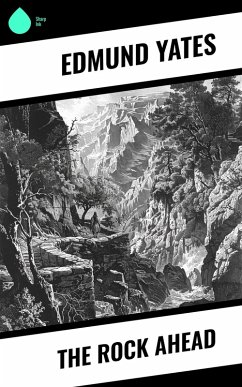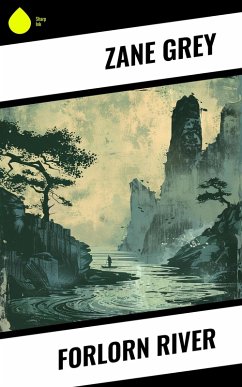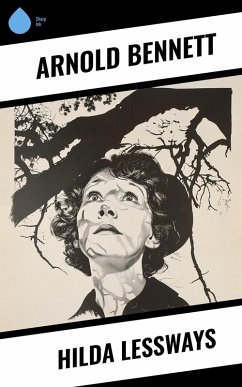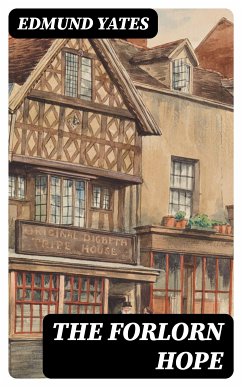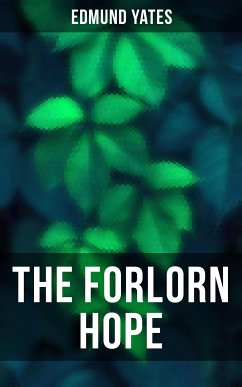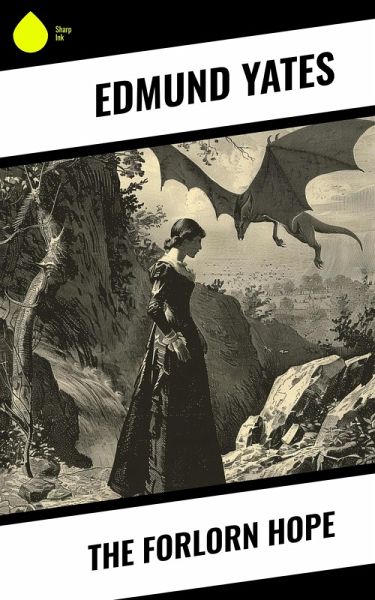
The Forlorn Hope (eBook, ePUB)

PAYBACK Punkte
0 °P sammeln!
In "The Forlorn Hope," Edmund Yates crafts a poignant narrative that intricately weaves the themes of ambition, failure, and the human condition within a Victorian backdrop. The novel employs a rich, descriptive literary style, echoing the moral complexities of the era, while simultaneously delving into the psyche of its characters. Yates's adept use of dialogue and carefully constructed settings immerses the reader in a world filled with societal expectations and personal desires, offering a deep exploration of the struggles faced by those on the fringes of success and acceptance. Edmund Yate...
In "The Forlorn Hope," Edmund Yates crafts a poignant narrative that intricately weaves the themes of ambition, failure, and the human condition within a Victorian backdrop. The novel employs a rich, descriptive literary style, echoing the moral complexities of the era, while simultaneously delving into the psyche of its characters. Yates's adept use of dialogue and carefully constructed settings immerses the reader in a world filled with societal expectations and personal desires, offering a deep exploration of the struggles faced by those on the fringes of success and acceptance. Edmund Yates, a prominent figure in 19th-century English literature, drew upon his vast experiences as a journalist and novelist to depict the realities of Victorian life. His insights into social structures and human motivations stem from his own encounters with both literary and theatrical circles, influencing his portrayal of flawed characters navigating the chasms of fortune and misfortune. This background grants Yates's work a level of authenticity and relatability, as he articulates the dreams and disillusionments prevalent in his time. Readers seeking an introspective and soul-stirring exploration of ambition and despair will find "The Forlorn Hope" to be both compelling and enlightening. Yates's skillful narrative not only invites readers into the emotional landscapes of his characters but also challenges them to reflect on their own aspirations and the societal forces that shape them. This book remains a significant contribution to the canon of Victorian literature, resonating with themes that are timeless.
Dieser Download kann aus rechtlichen Gründen nur mit Rechnungsadresse in A, B, BG, CY, CZ, D, DK, EW, E, FIN, F, GR, HR, H, IRL, I, LT, L, LR, M, NL, PL, P, R, S, SLO, SK ausgeliefert werden.





